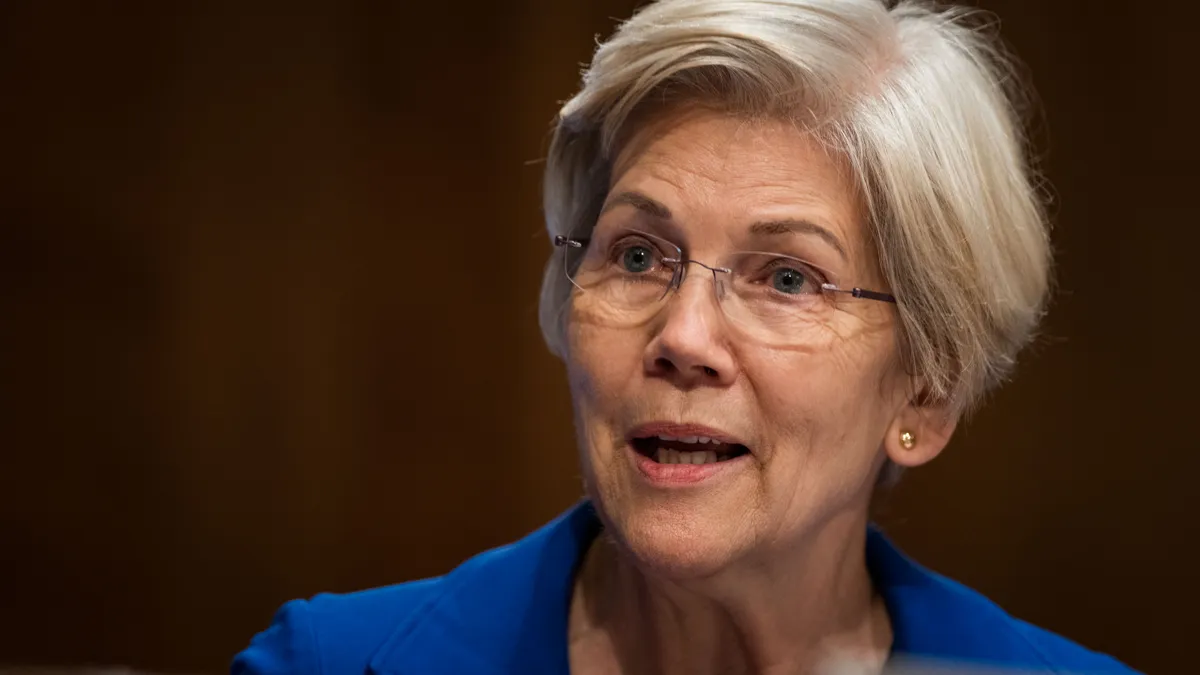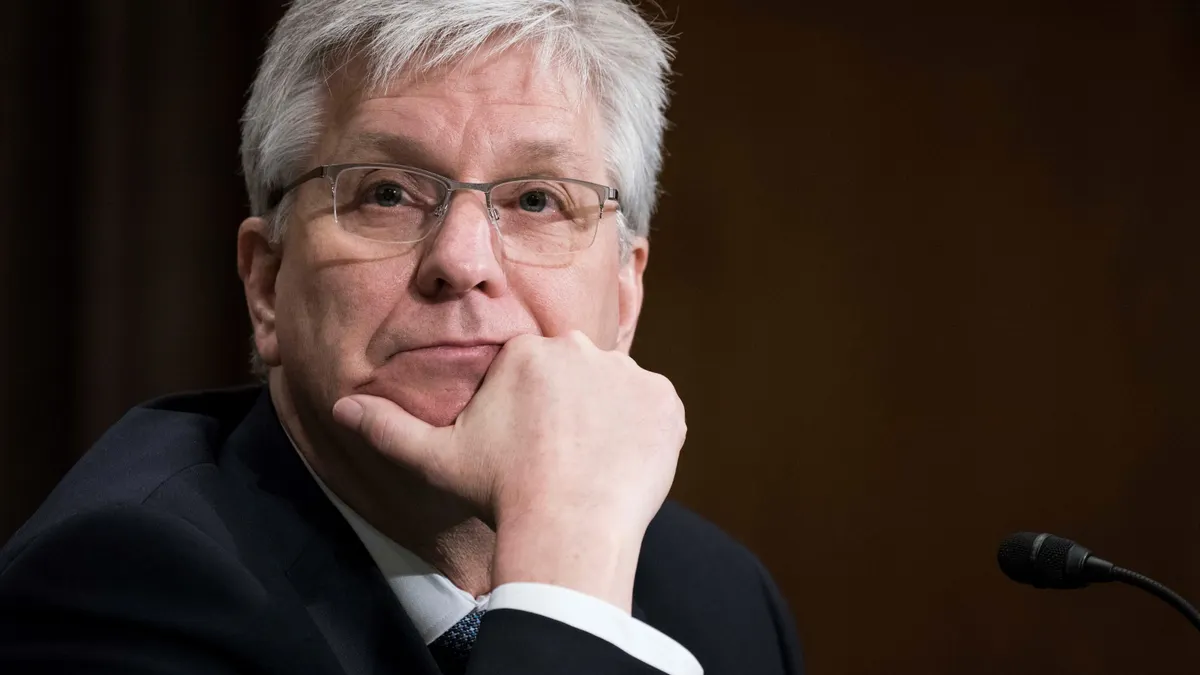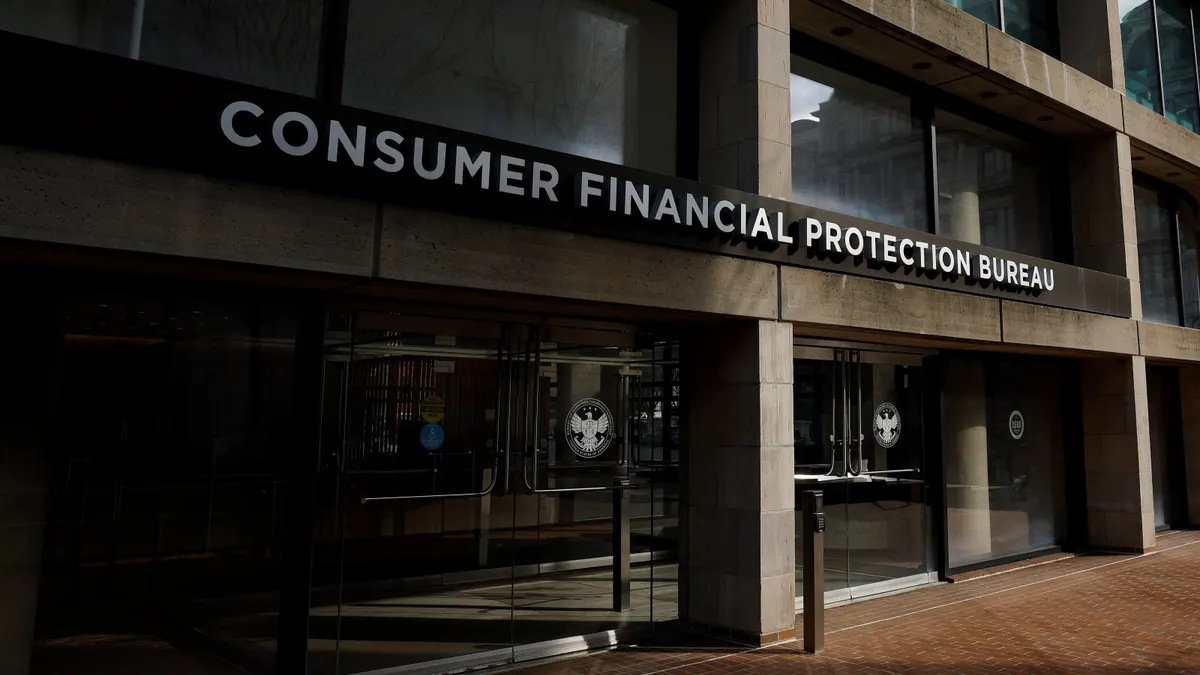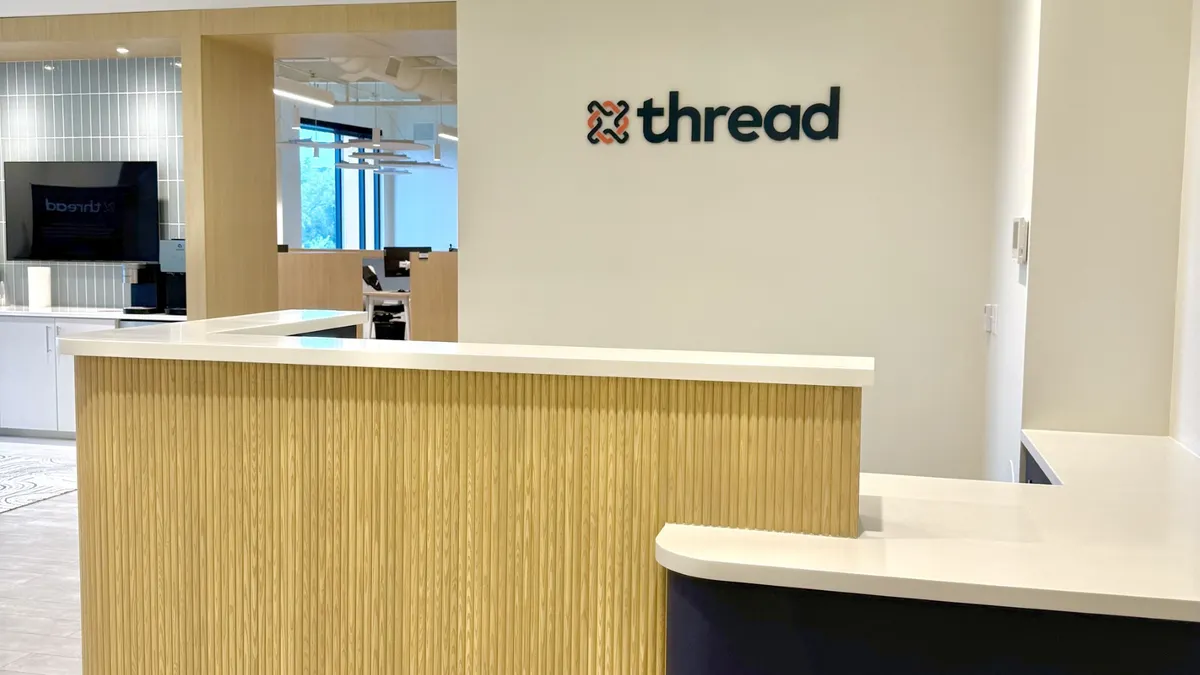In a letter to Federal Reserve Gov. Michelle Bowman, four Democratic senators have demanded an explanation of her role in overseeing Evolve Bank & Trust, a partner bank of the now-bankrupt fintech Synapse.
The letter sent Tuesday asserted that the Federal Reserve Board failed to prevent serious financial harm when one of Evolve's fintech partners, Synapse, filed for bankruptcy last April. The lawmakers criticized Bowman for missing the red flags, and opposing stronger regulations since joining the board in 2018.
“You did not respond to the clear warning signs in the years leading up to the Evolve-Synapse meltdown,” wrote Sens. Elizabeth Warren, D-MA; Tammy Baldwin, D-WI; Ron Wyden, D-OR; and John Fetterman, D-PA. “During this time, you were instead promoting the importance of small bank partnerships with fintech companies and pushing back against stronger safeguards for such arrangements.”
Timely intervention from the Fed would have helped to avoid the damage or mitigate it, the lawmakers contended.
Bowman is the chair of the Fed board’s committee on consumer and community affairs and is the oversight governor for its division of consumer and community affairs. This unit supervises and enforces consumer financial law for state member banks that have assets of $10 billion or less and are exempt from the Consumer Financial Protection Bureau’s oversight.
When middleware provider Synapse filed for bankruptcy, more than 100,000 consumers’ funds were frozen and consumers lost access to around $265 million in deposits. To date, many consumers still wait to be made whole. This is because Synapse, Evolve, and the other fintechs involved did not maintain accurate ledgers tracking who the money belonged to and where it was held.
Though Evolve declined to comment on Warren’s letter, the lender had earlier argued that “if Synapse had satisfied its contractual obligations with respect to end user statements, the irregularities could have been identified and remedied/stopped sooner.” Evolve terminated its partnership with Synapse after discovering it could not rely on Synapse's information, the lender had said.
Synapse partnered with fintech companies like Yotta, Juno, Mercury and Copper and insured banks like Evolve. It helped manage the transfer of funds, and the maintenance of records between the fintech apps and the banks where those funds would be ultimately stored.
The fintech apps “generally entice customers to their platforms by offering higher interest rates than banks” along with features like chances to win weekly games and monetary prizes and the reassurance that the funds deposited in the fintech accounts are FDIC insured, the letter noted.
These reassurances often come through misleading advertising and representation, which do not clarify that federal deposit insurance does not protect customer funds if the fintech company or intermediary fails or when the funds are in transit to the insured bank, according to the lawmakers.
Warning signs
West Memphis, Arkansas-based Evolve underwent a significant transformation following its 2005 acquisition. Having primarily served local small businesses and consumers until 2017, the bank then shifted to a banking-as-a-service model supporting fintech companies. This pivot led to massive growth, with assets tripling from $451 million in 2019 to $1.75 billion by 2022.
The lender's relationship with Synapse showed clear warning signs well before Synapse's failure, according to the lawmakers. Evolve notified Synapse of its intent to terminate their partnership in August 2022, noting balance discrepancies of “a couple hundred million” daily by November 2022. Staff at both companies were aware of missing funds by early 2023 but didn't alert customers. Additionally, Evolve reportedly collected approximately $26 million in fees directly from Synapse customer accounts between 2019 and 2023.
While Evolve blamed Synapse for failing to maintain accurate customer fund ledgers, federal banking laws ultimately held Evolve responsible for ensuring Synapse operated safely and legally. A federal grand jury investigation is reportedly underway.
“Synapse has been one of those painful lessons that has made the industry stronger,” Derek Higginbotham, senior adviser at financial services advisory and investment firm Klaros Group, told Banking Dive via email. “It drove home the point (in a really terrible way) that fintech and innovative banking requires a lot of investment and hard work.”
Serious fintech-focused banks have become more diligent in choosing their fintech partners, and fintech platforms are expecting more sophistication from their bank partners, he added.
“We’ve seen a lot of entrants to the space, and we’ve also seen a lot leaving because they learned that ‘BaaS’ isn’t easy money and the investment to do it right is serious,” Higginbotham said.
The Fed issued an enforcement action against Evolve last June over shortcomings in the bank’s anti-money laundering, risk management, and consumer compliance programs, though the central bank noted the enforcement action was independent of Synapse’s bankruptcy proceedings.
Evolve’s partnership with Synapse was not the only troubled one. Two other fintech partners of the bank, SoLo Funds and Branch, were sued by the CFPB for “predatory lending and unlawful deposit account practices,” respectively, the letter noted.
The senators asked about a dozen questions of Bowman and requested a response by May 6. They requested reports of all exams conducted on Evolve and written communication between Fed staff, including that of the governors, related to Evolve since 2019.
The lawmakers also demanded to know how often Bowman met with Fed staff to receive information on consumer compliance issues at individual banks and when she was alerted about third-party risk at Evolve or that the lender had “severe recordkeeping issues.”
Senators pressed Bowman on whether she would commission a third-party review similar to the one she called for following the Silicon Valley Bank failure, to better understand the Fed’s supervisory lapses related to Evolve.
“How have your views on bank-fintech partnerships, including the importance of strong regulatory safeguards and concerns about ‘burden,’, changed following the Evolve-Synapse catastrophe?” the senators asked.
Evolve-Synapse bankruptcy case updates
On April 10, Jelena McWilliams, the Chapter 11 trustee in the Synapse bankruptcy case, filed the sixteenth Chapter 11 status report seeking dismissal of the case or conversion to Chapter 7. Williams noted the fund shortfall between actual amounts held at partner banks and expected amounts based on Synapse's ledger existed before the bankruptcy. As a result, many customers have not received their expected funds, and these amounts are now subject to appeals and litigation.
“Due to the significant costs and complexities of maintaining and interpreting Synapse’s data and systems and the lack of estate resources, the Trustee and her professionals have wound down estate reconciliation activities,” McWilliams noted in the court document.
Within a week, another fintech that worked with Synapse, Fund That Flip, filed a motion for an examination of Evolve.
FTF argued that an oral examination and presentation of documents was necessary since Evolve refused to provide the fintech with information and documents related to the funds belonging to FTF’s customers in accounts managed through Evolve.





















